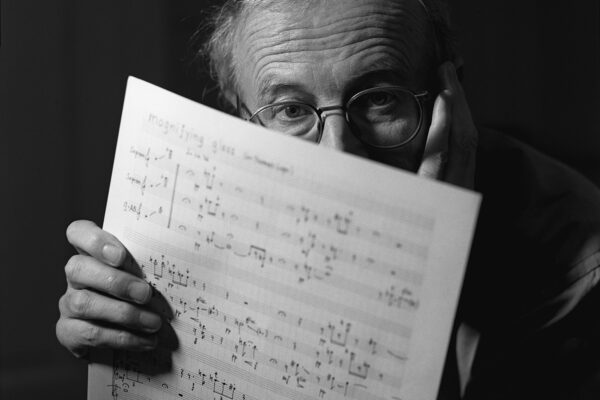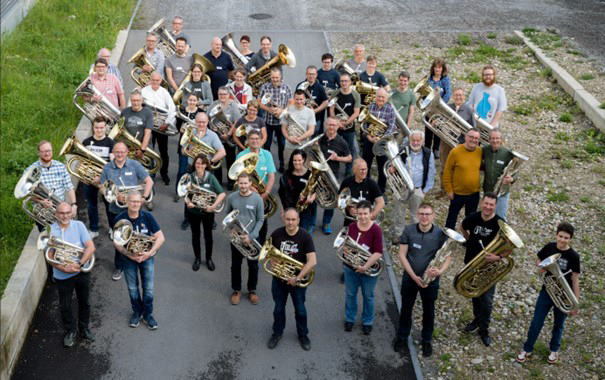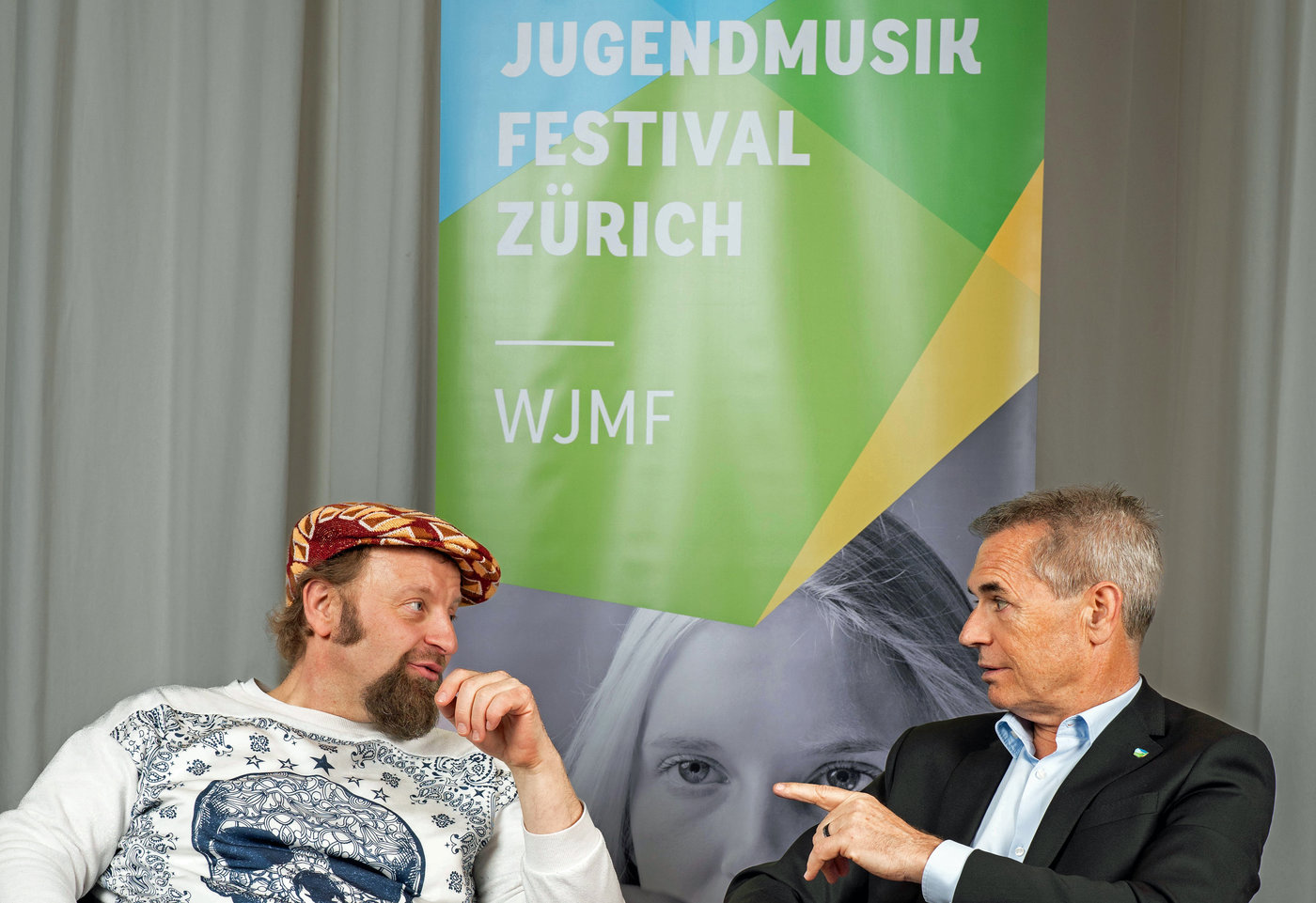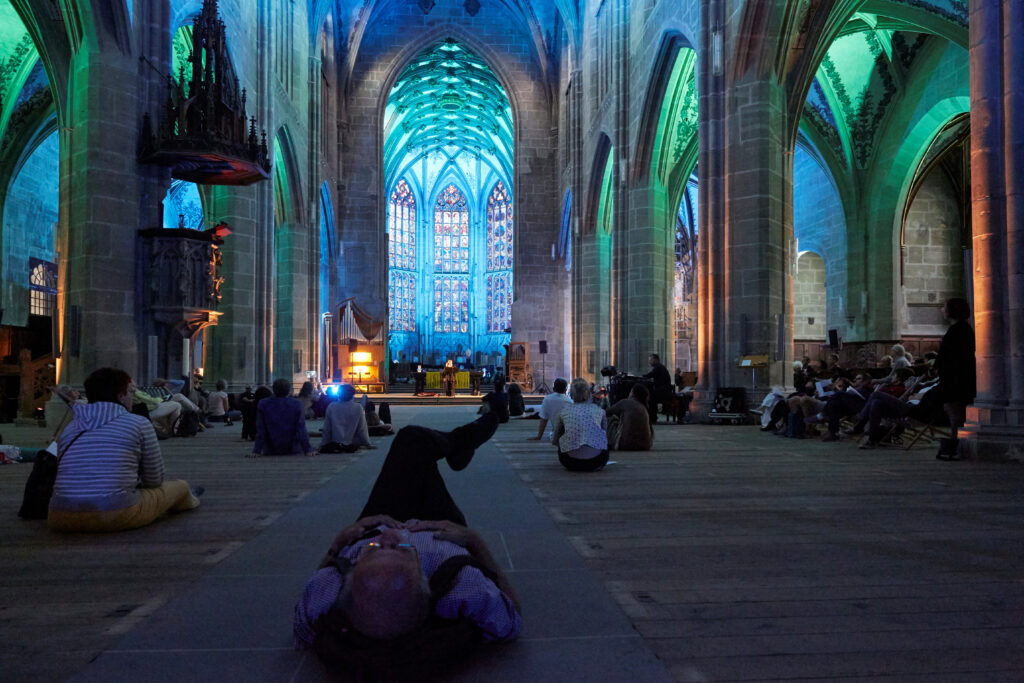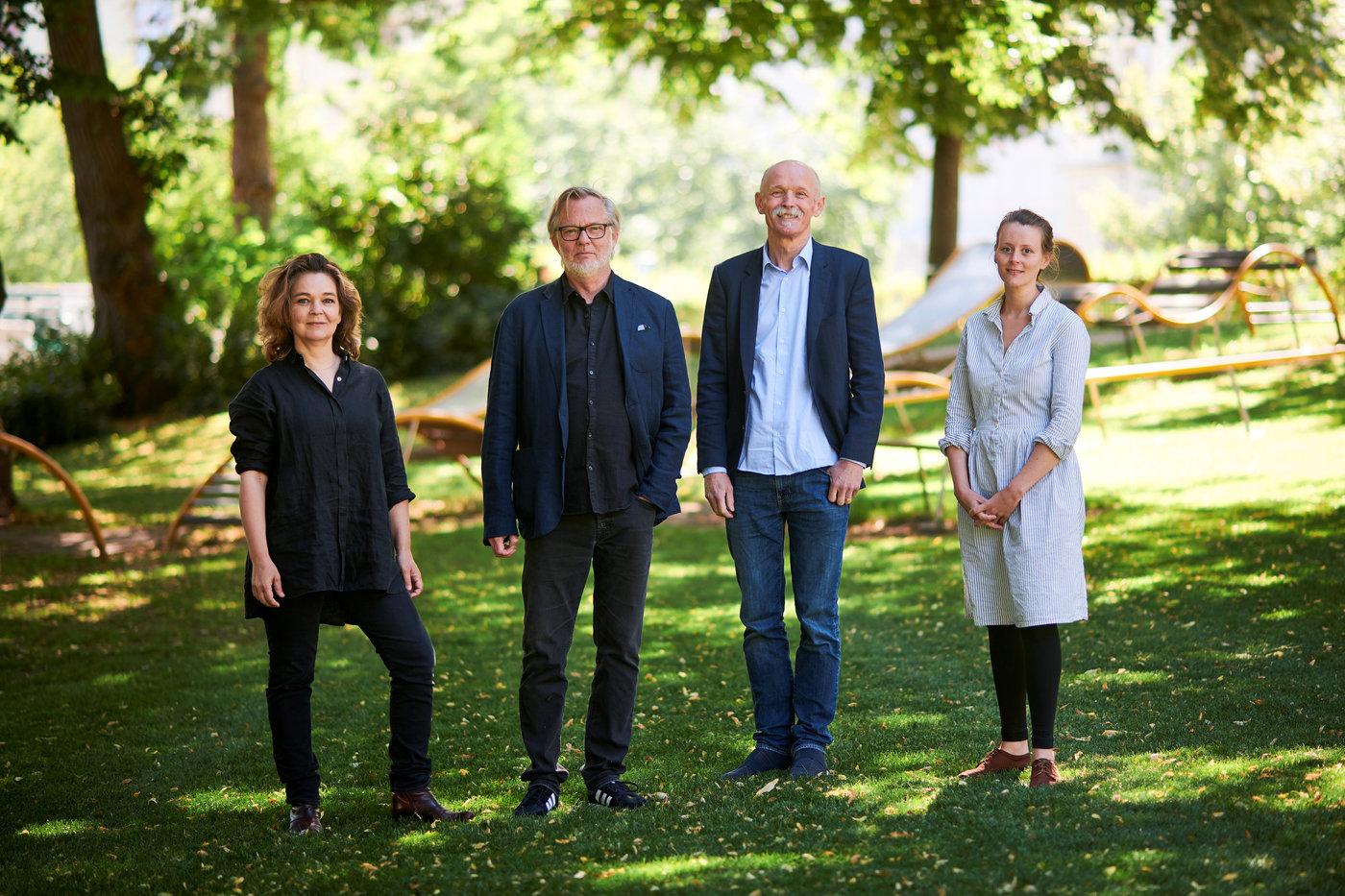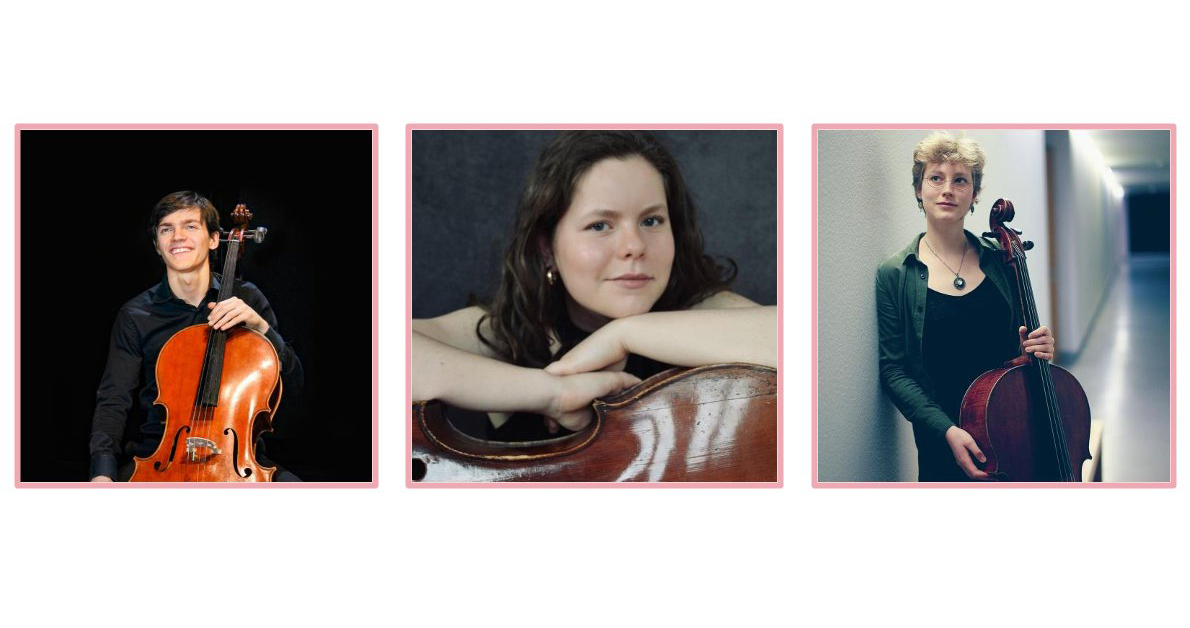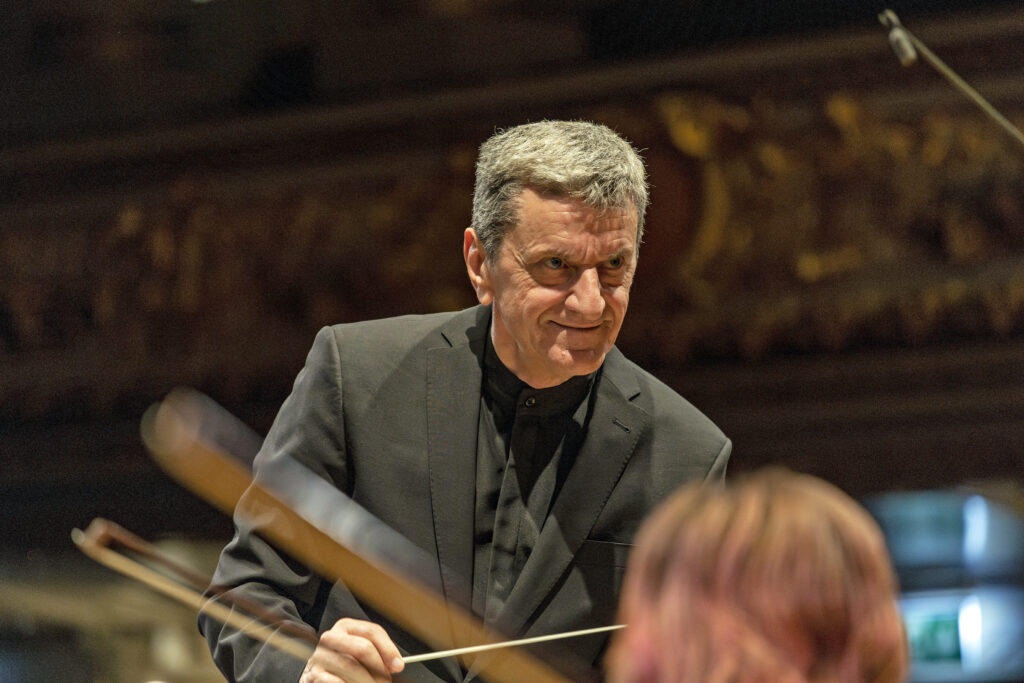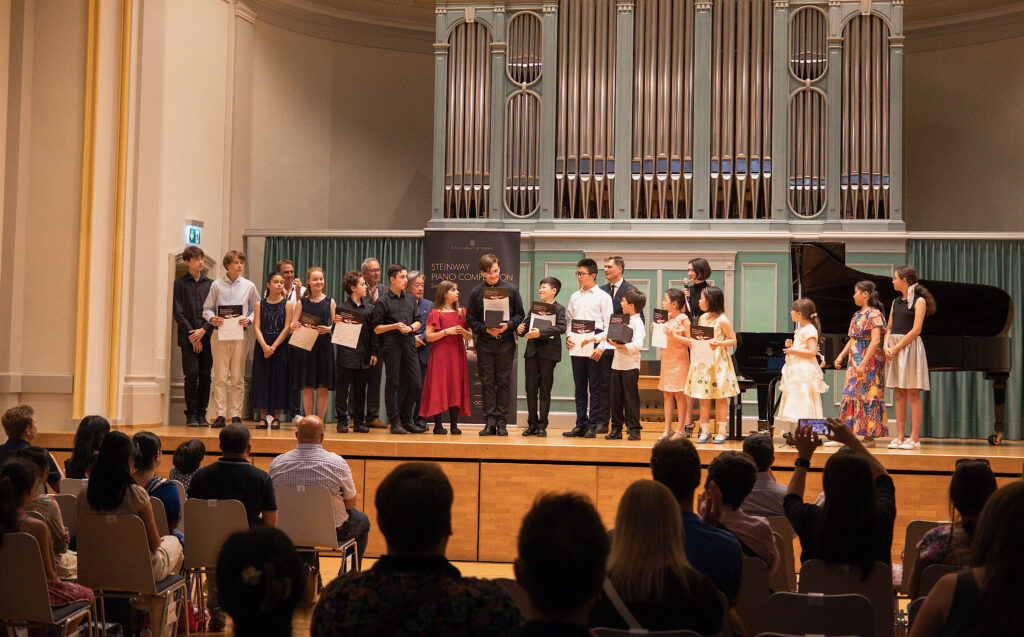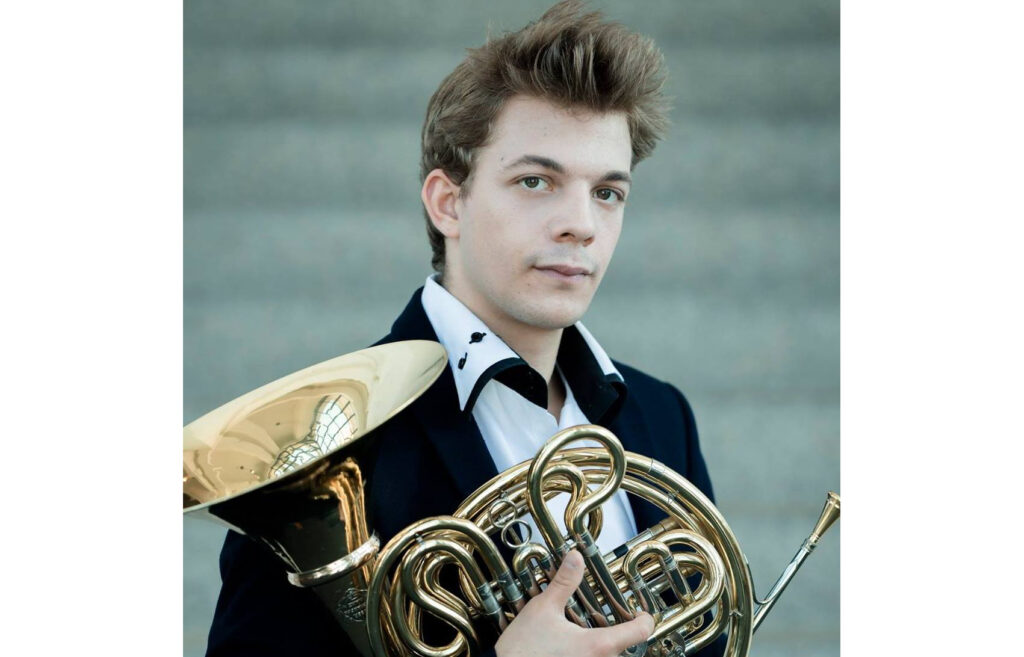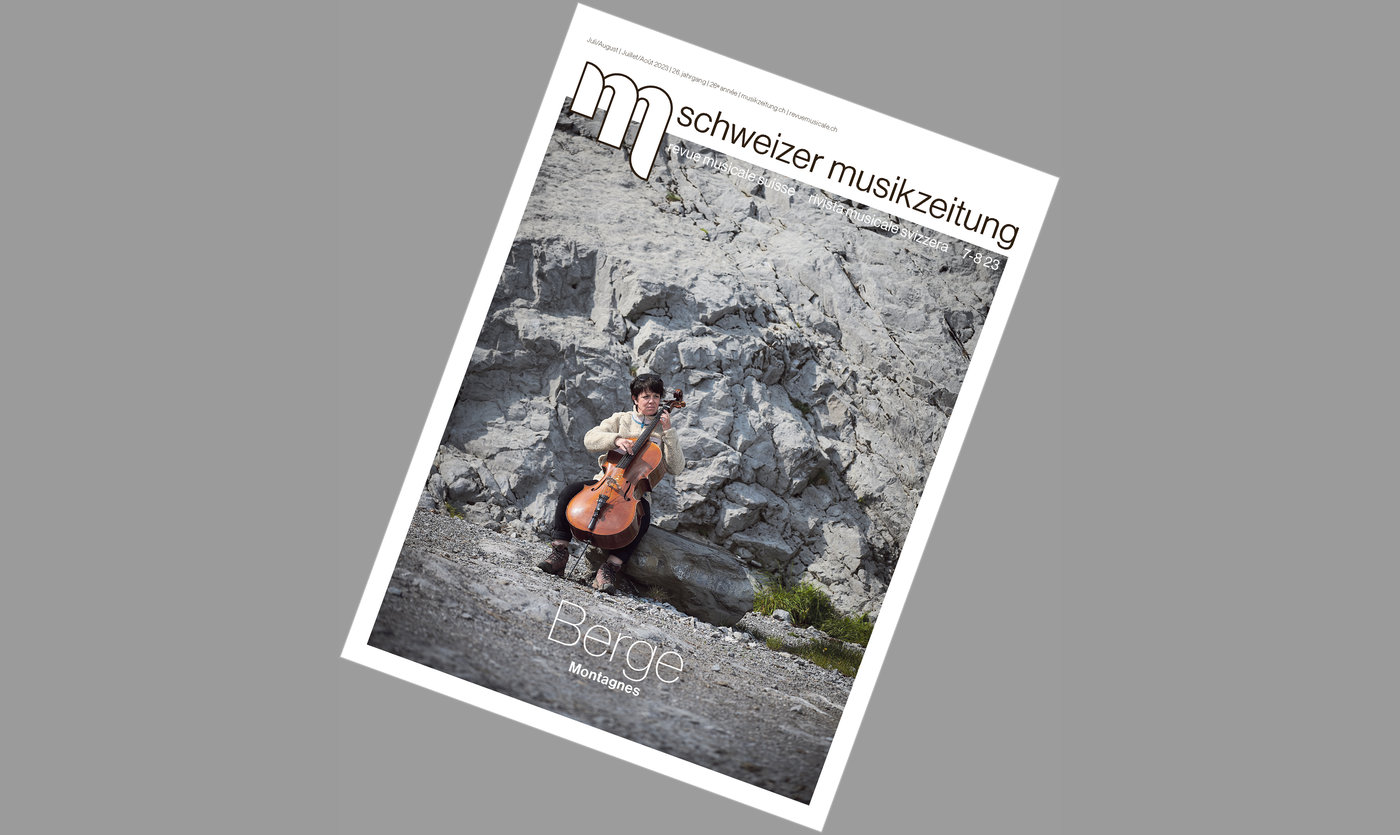A pioneer of choral singing
In Verena Scheidegger, the Basel music world lost one of its most important choir conductors this summer.
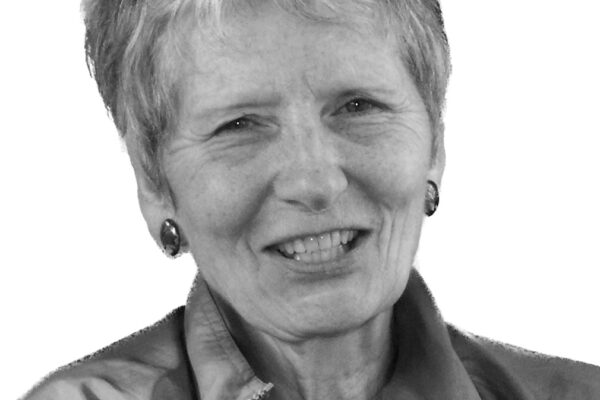
At the end of the 1950s, Verena Scheidegger-Buser (1942-2023) took her first steps as a choir director after the church choir she had just joined threatened to disband. During her studies as a pianist and choirmaster at what was then the Basel Conservatory, she already conducted three choirs. Her prominent role models and teachers were the Swiss composer and teacher Theodor Diener, who wrote the oratorio Lazarus and Paul Schaller as a choir conducting teacher at the conservatory. As a working woman with a family, she successfully asserted herself among her predominantly male colleagues and put the valuable knowledge she had gained during her studies into practice by founding the Peterskantorei Basel in 1965, making her one of the pioneers of the Swiss choral conducting scene.
New impulses for church choirs
She is working on a new, pioneering "church choir" profile, which, in addition to monthly church services, also performs concerts with soloists and orchestra or secular serenades. For the first time, the singers receive vocal training during choir rehearsals, which was neither popular nor common at the time. Her choice of program is innovative with a clear concept. She knows the limits of her newly founded choir and forgoes the usual repertoire, which she prefers to leave to others, primarily professional institutions. In return, she attracts attention through clever programming, which does not escape the attention of the professional scene. In addition to works that were among the most frequently performed in the 18th and 19th centuries and have fallen into oblivion, including Graun's Death of Jesus or Herzogenberg's Birth of Christshe commissions compositions. These are perfectly matched to the Peterskantorei, while the soloists and orchestra have to deliver highly demanding parts. The oratorio Peter by the Basel composer Rudolf Jaggi (1940-2015). Anyone who gets an earful of it will realize that this is neither utility music nor artistic compromise. Improvisations, aleatoric passages and harsh dissonances are omnipresent. Moreover, this oratorio is an insider tip for today's choirs.
Ü 50
And once again, Verena Scheidegger is ahead of her time. As in all choirs, her own members age with her. In addition, age limits are being drawn in Basel choirs. Scheidegger seized the opportunity and founded the "Chor50" in collaboration with the Senior Citizens University and the Basel GGG. This time, not only Switzerland but also other countries are looking to Basel. The new choir consists of experienced and seasoned singers from existing concert choirs. Scheidegger is convinced that something can be done vocally, and she is right. According to anecdotal reports, people under the age of 50 who wanted to sing were also interested, whereupon the choirmaster asked for patience and put them on the waiting list. This demonstrates yet another strength of character. Far be it from her to compete with other clubs. On the contrary, she took an interest in the work of her colleagues and supported them in word and deed. She was a regular guest at the concerts of the choirs of the Basel University of Music and was always happy to get to know new choral music.
Finally, it should be mentioned that Verena Scheidegger was equally successful as a piano teacher at the Basel Music Academy.
Cantate Domino Canticum Novum - Sing to the Lord a new song, this was Verena Scheidegger's elixir of life. The choral scene mourns the loss of an artist and teacher who had a significant influence on musical life in Basel.






